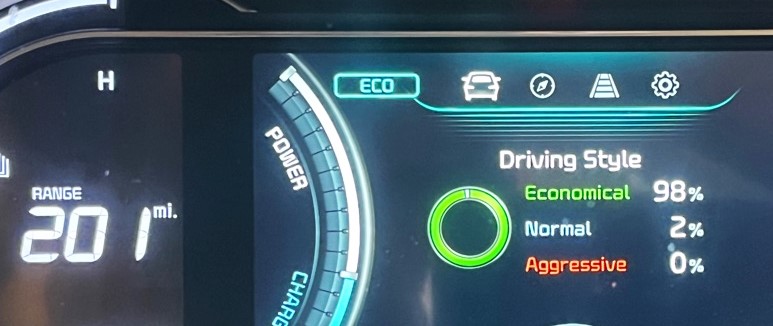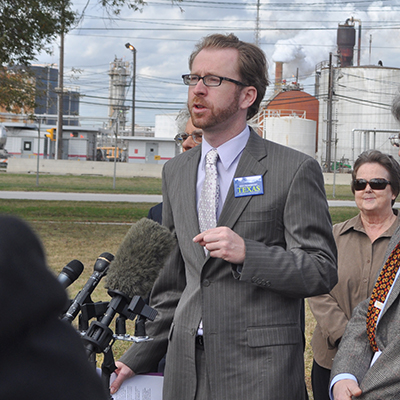
Testimony in support of stronger reporting requirements for oil and gas pollution
Testimony to the U.S. Environmental Protection Agency regarding proposed revisions to Subpart W of the Greenhouse Gas Reporting Program

Thank you for your proposed revisions to Subpart W. To avoid the worst impacts of global warming, we must drastically cut climate pollution. But we can only do that with the best data on where the pollution is coming from and how much. So these changes are critical to preserving a livable climate.
Texas is ground zero for global warming. We’re both the top polluter and home to some of its worst impacts. According to an analysis by the Texas Tribune, in the past decade in Texas, there were 1,000 more days of record-breaking heat than a normal decade, with deadly consequences. Last year, at least 306 people died of heat-related causes. And scientists have estimated that the persistent, dangerous heat we’re experiencing was made at least 5 times more likely by climate change.
So cutting pollution, and accurately measuring that pollution, will save lives. Industry is the largest source of climate pollution in Texas, with Petroleum and Natural Gas Systems making up about one-fifth of reported industrial emissions. But studies show that current emissions inventories are underestimating methane pollution and the oil and gas companies know it. A report last year from the House Committee on Science, Space and Technology found that the companies’ own internal data show that their methane emissions in the Permian Basin “are likely significantly higher than official data.”
In particular, large release events – which can make up most of total methane emissions are not currently reflected in subpart W reporting. a 2021 aerial survey of the Permian conducted by Carbon Mapper found 533 methane “super emitters.” According to the Associated Press, one of those super emitters was the Mako compressor station, which was observed releasing as much methane as the climate equivalent of burning seven tanker trucks full of gasoline every day.
But the total emissions reported to the EPA in 2020 by the company that operates Mako, from from all of its boosting and gathering operations combined, were just one-twelfth of what Carbon Mapper documented billowing from the Mako site alone.
So we strongly support EPA’s proposed reporting updates, including requiring reporting of “other large release events,” updated “emissions factors” to accurately reflect real pollution, and changes that would require operators to report higher emissions when they discover malfunctioning equipment.
We urge EPA to strengthen the final rule by:
- integrating top-down, basin-level measurement data, such as from continuous aerial monitoring,
- reducing the current reporting limit and methane emissions charge threshold of 25,000 metric tons of CO2 equivalent (mt CO2e) to 10,000 metric tons
- Requiring continuous optical gas imaging (OGI) for all affected facilities.
- And requiring operators that have a super-emitter event to repair the leak within 5 days report greenhouse gas emissions monthly going forward, and submit a compliance plan to demonstrate how they will prevent additional incidents from occurring.
Thank you.
Topics
Authors
Luke Metzger
Executive Director, Environment Texas Research & Policy Center
As the director of Environment Texas, Luke is a leading voice in the state for clean air, clean water, clean energy and open space. Luke has led successful campaigns to win permanent protection for the Christmas Mountains of Big Bend; to compel Exxon, Shell and Chevron Phillips to cut air pollution at three Texas refineries and chemical plants; and to boost funding for water conservation and state parks. The San Antonio Current has called Luke "long one of the most energetic and dedicated defenders of environmental issues in the state." He has been named one of the "Top Lobbyists for Causes" by Capitol Inside, received the President's Award from the Texas Recreation and Parks Society for his work to protect Texas parks, and was chosen for the inaugural class of "Next Generation Fellows" by the Robert S. Strauss Center for International Security and Law at UT Austin. Luke, his wife, son and daughter are working to visit every state park in Texas.
Find Out More
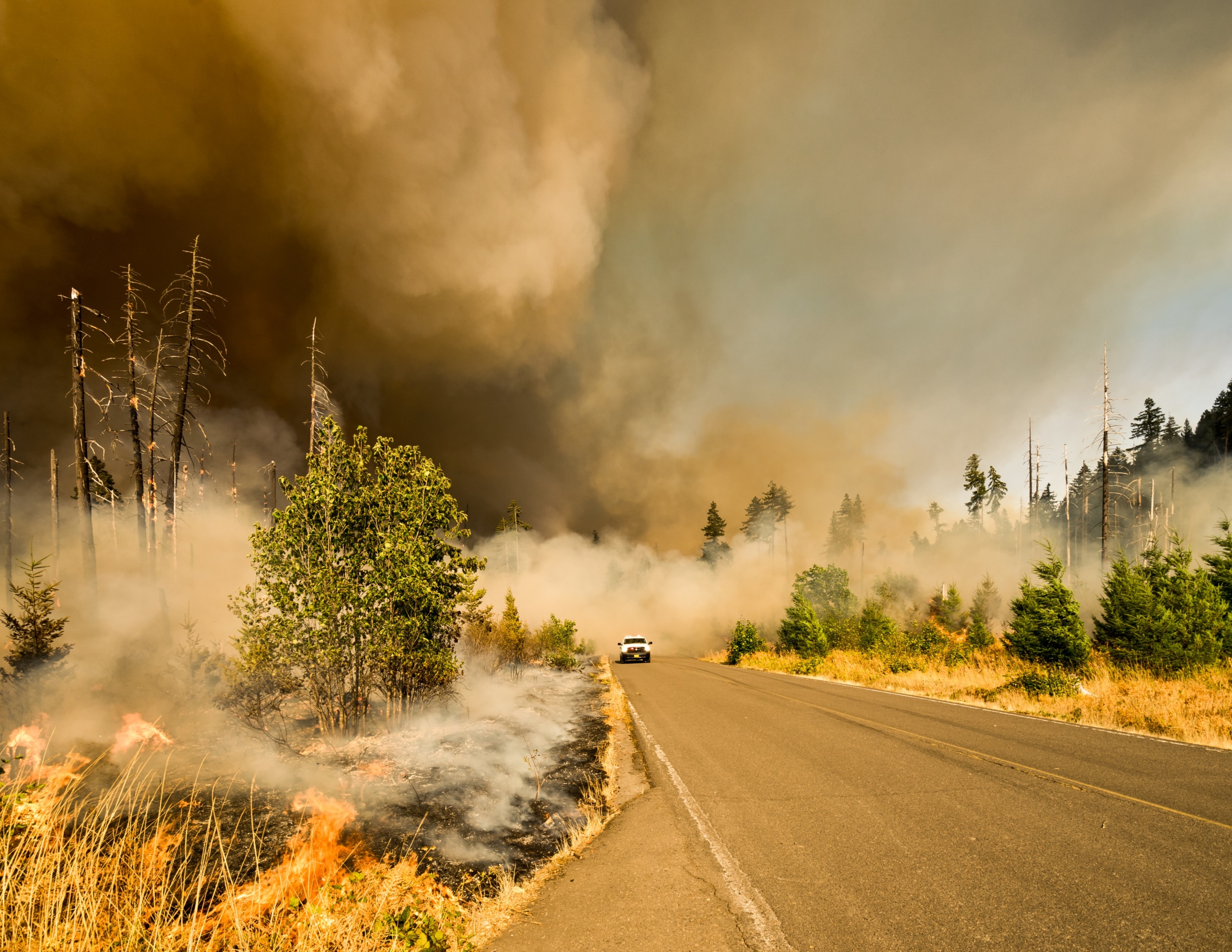
Five key takeaways from the 5th National Climate Assessment
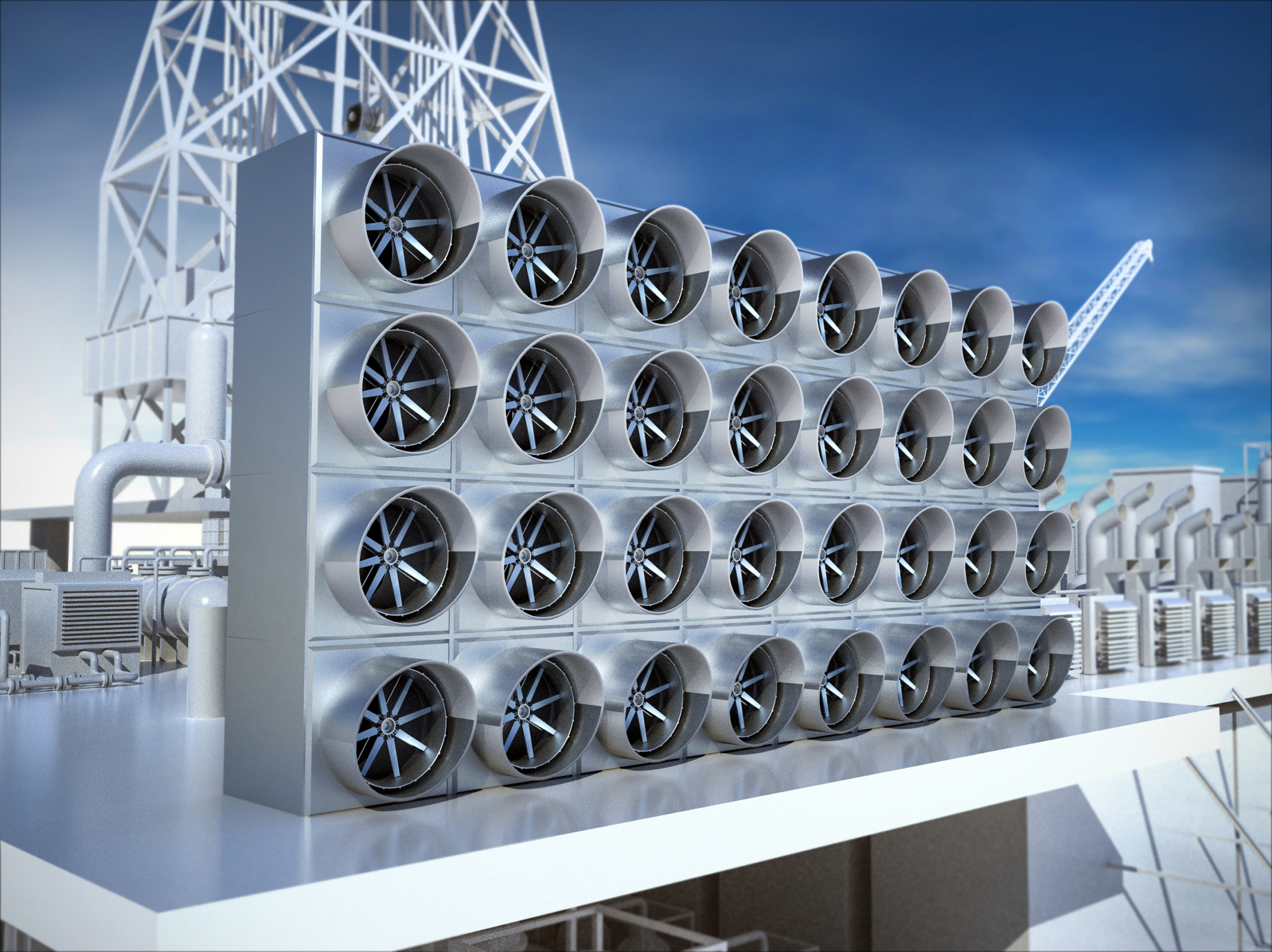
Carbon dioxide removal: The right thing at the wrong time?
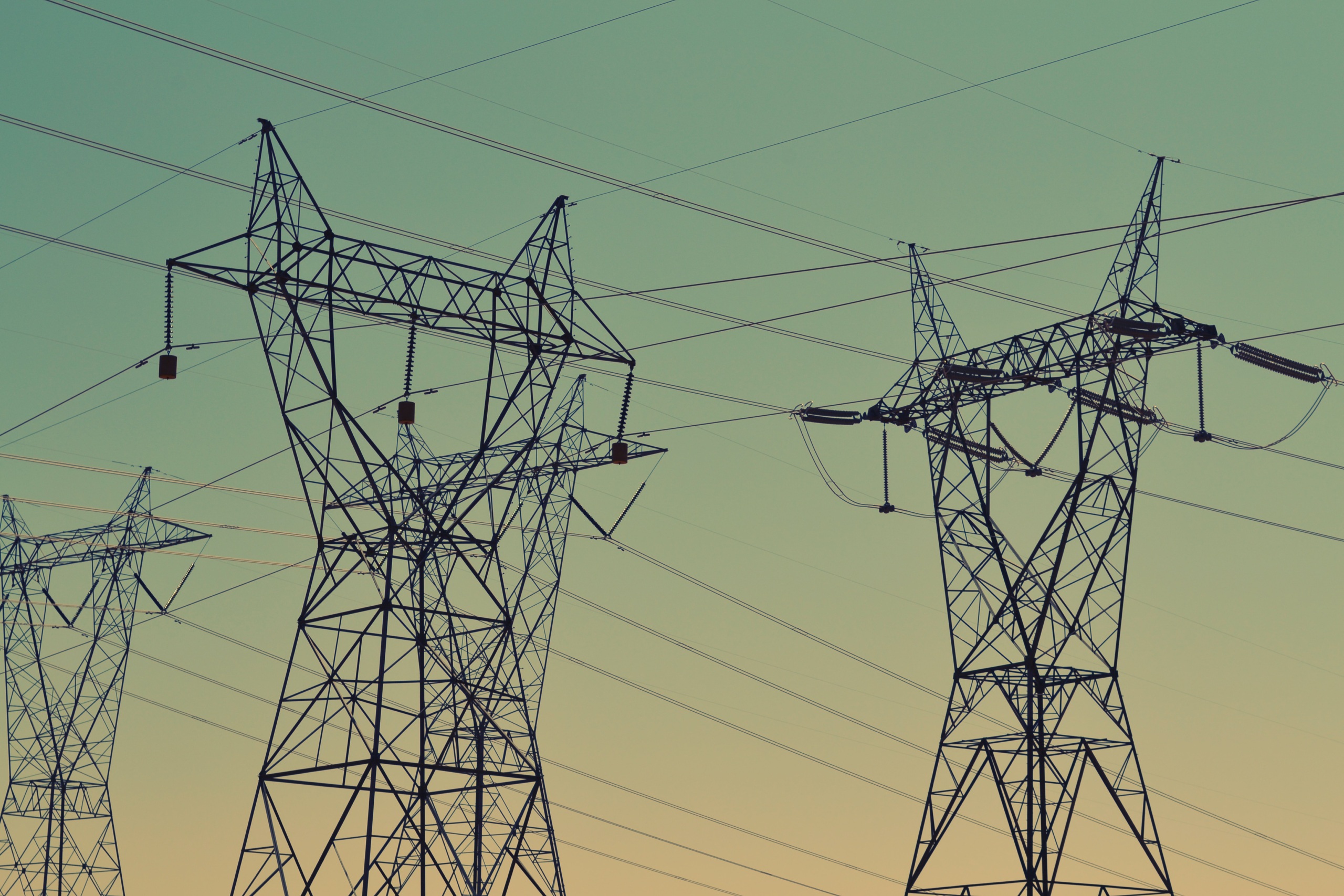
Fact file: Computing is using more energy than ever.
